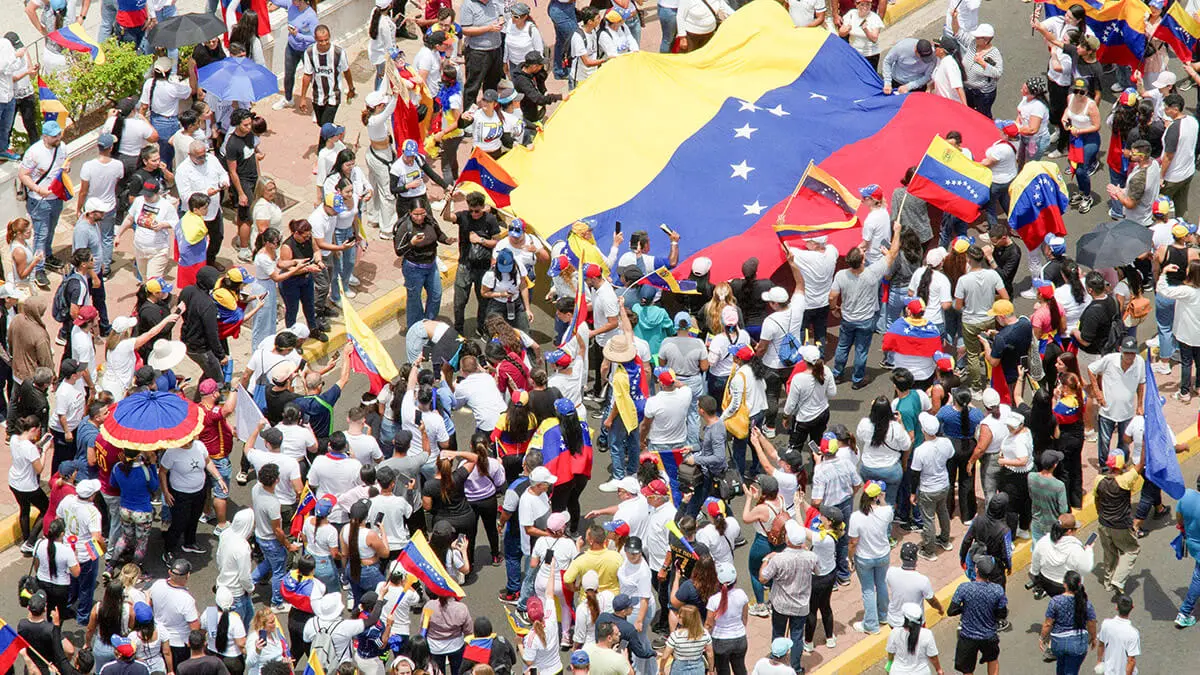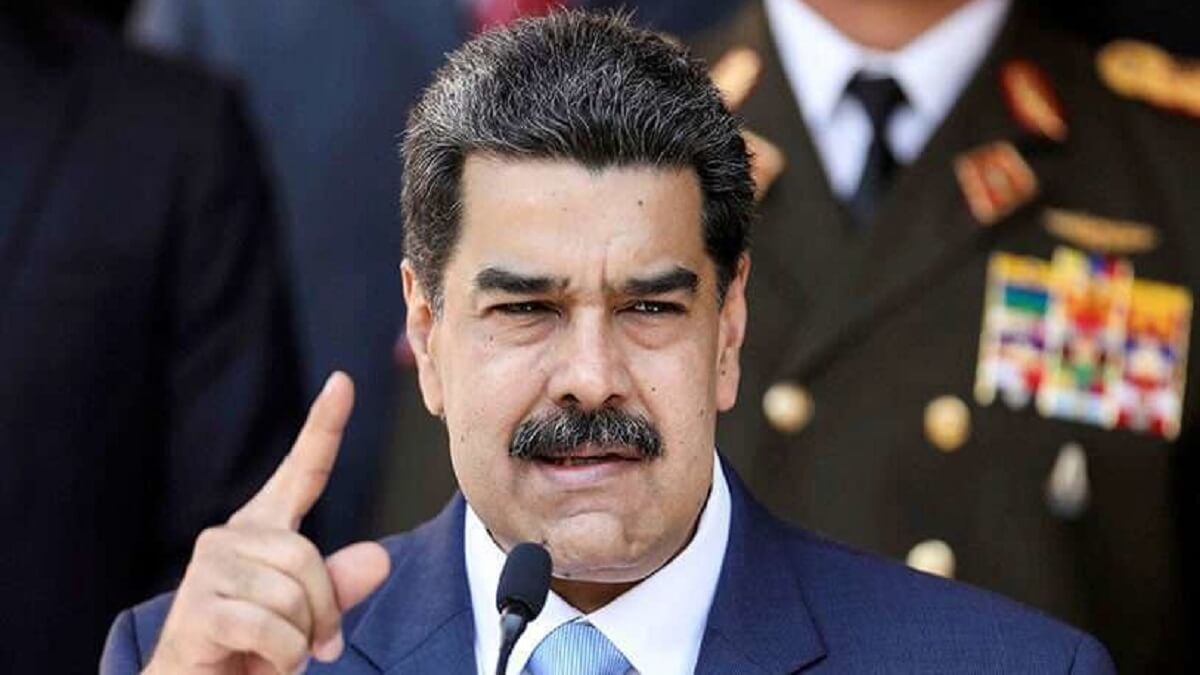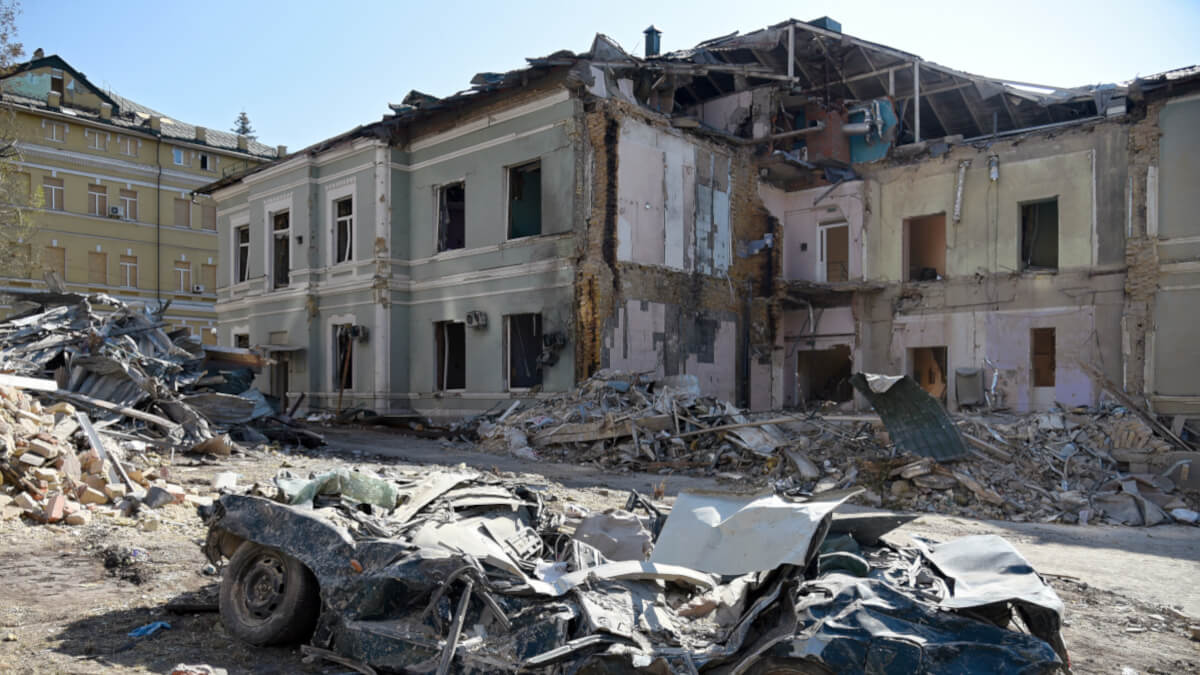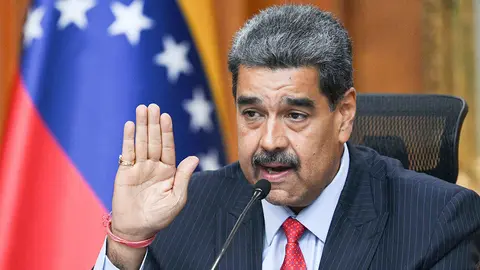When democracy goes to pieces

In an increasingly radical world, with more and more extremism, democracy manages to endure. Democracy is the status quo established after many wars; it worked in its time, but now, in many countries, it is being used to manipulate power and turn countries into authoritarianisms (if they are not already). Indeed, it is inconceivable to many that a country is not democratic if it calls itself democratic. The limitation of rights and freedoms is to be expected from regimes such as those in North Korea or Russia because of their governance structure. What is really insulting is a democratic country where you cannot vote, where you are not allowed access to polling stations, where to protest is to put your life at risk and where the population has no power.
The foundations of democracy are shaking with what has happened in Venezuela, as the most recent example. Unfortunately, it is neither the only country, nor the last, to cement its authoritarianism.
What is democracy?
Political science shows that a democratic system is fragile by nature. It is impossible to listen to the opinion and content an entire population. This makes democracy volatile and brittle in periods of social conflict and war. Totalitarianisms and authoritarianisms, despite the obvious problems they pose, are more politically stable; this does not mean that they are better, simply that they are stronger.
The vast majority of democracies are representative democracies. This means that they are neither true nor pure democracies, nor "truly" democratic. The sheer volume of population does not allow democracy to exist in its pure state. Living in a "true" democracy, one would spend one's days and nights at the ballot box, choosing and having a say in every law, every rule and every decision. Moreover, the choice of a politician would be made at random, either in a bag with a bunch of names written on paper, shaken and selected, or in some kind of lottery machine. Clearly, this is not a viable way to govern. Hence, the social convention has been reached to call mixed democracies, democracies.
It must be considered that a form of government that works for one country is not necessarily suitable for another - a trap into which many colonisers in Africa have fallen, resulting in civil wars and millions of deaths. Democracy is aspirational because of its defence of human rights, individual freedom and the humanitarianism that underpins it. It is also true that its implementation is often hindered; there are historical and cultural factors that democracy cannot deal with in the time available to it. It must therefore be understood that it is often not only the fragility of the political system, but the beliefs of a population, the bedrock of its society, that make it unsuitable for some countries.
When the essence of democracy is twisted in order to turn it into a shield against international powers, that is when democracy is degraded. A country that claims to be democratic without being democratic, in order to keep the powerful in power and the citizens immersed in poverty and exploitation, is an insult not only to democracy, but to everyone's humanity.
The Economist 's Democracy Index 2023 shows that most of the world lives under authoritarian regimes. Only 8% of the world's population lives in the 24 countries considered full democracies. Latin America has once again suffered another democratic setback and the "election" of Nicolás Maduro is the final nail in the coffin.

The distortion of reality
Information is the pillar of democracy. Censorship is a weapon that is used often and irresponsibly in any system of government. When the war in Ukraine broke out in 2022, one of the first reactions in most countries was to ban access to Russian media. The question is: is this right? Propaganda is something one is exposed to every day, it is simply a form of communication and censoring it calls into question the ethics of the act. It is a double-edged knife and one must be careful not to cut oneself on it.
Latin America is a close example of this distortion and Cuba is the model par excellence. If one travels to the island, one can enjoy a fabricated paradise, tailor-made for tourists to hide the reality of Cubans. The 2024 report of the Cuban Observatory of Human Rights revealed that 89% of the population lives in extreme poverty, that the level of disapproval of the government is 91% and that only 15% of the population can have three meals a day on a sustained basis because of a shortage of money or food.
In the Cuban constitution and according to the United Nations (UN) Observatory for Gender Equality in Latin America and the Caribbean, Cuba is a "socialist state of law and social justice, democratic, independent and sovereign, organised as a unitary and indivisible republic". This is a depravation of democracy. The democracy index rates Cuba between 2 and 2.99 out of 10, i.e. it is an authoritarian regime.
Venezuela is in the same range as Cuba on this index, but it is 7 places lower on the democratic scale. In fact, it is the second most authoritarian country in Latin America after Nicaragua. Despite its periodic elections and what its constitution says: "the government and the political entities that compose it is and will always be democratic...pluralist and with revocable mandates", it suffers from the same false democracy that many Latin American countries suffer from - with the exception of Uruguay and Costa Rica; these are qualified as full democracies. Venezuela's 28 July elections are the latest example of the humiliation of democracy, perverting its meaning and subjecting its citizens to a false hope of justice that never comes. Holding elections to please the (relatively) international political sphere does not carry the title of democracy or justice.
In Ukraine, President Volodymyr Zelenskyy announced the delay of government elections in November 2023 until the country was no longer under martial law. This could be seen as an undemocratic act, but Freedom House found that opinion polls were positive about the decision (there was criticism, but little).

The crisis of confidence
The constant questioning of truth on social media, Artificial Intelligence and hoaxes permeates every part of life today. Politicians add fuel to the fire and encourage this distrust; look no further than Donald Trump's rise and normalisation of the term "fake news". Apart from being an oxymoron, it intensifies the climate of scepticism in the traditional media.
This distrust has become embedded in electoral processes and has serious consequences. When politicians begin to question their country's electoral system (proven transparent and democratic systems), they deconstruct the method by which they get the power they want.
Spain's 2023 presidential election was denied by the opposition. This rejection not only delegitimised the system, but also increased the lack of faith in the Spanish electoral procedure. The reality is that Spain, along with Belgium, has the highest score in the world in Our World In Data's Clean Elections Index. It is almost ironic that the country with the highest score on the legitimacy of the electoral process has a crisis of confidence in that system. Spain is one example, but the same phenomenon is occurring in a multitude of countries.
Conversely, countries in authoritarian systems masquerading as democracies have a justified crisis of confidence. Venezuela, for example, has a score of 13 out of 100 (0 being very corrupt and 100 being clean) in Transparency International 's Corruption Perceptions Index ; it is the second worst country in the ranking.
The final piece of the puzzle of distrust in democracy is the way in which the opposition has been turned into the enemy. Political science theories, specifically radical democracy (where radical is not equivalent to extremism), warn that the transformation of what should be an adversary into an enemy is dangerous. This shift means that, instead of recognising the necessity of an opposition for its own existence and to represent the desires of different parts of the population, the aim is to crush and eliminate the other. This goal contradicts the very foundation of democracy, but despite this, many people in different countries and different degrees of democracy, including Spain, refuse to listen to the opposition and want to get rid of it.
Distrust of the system and its tools, as well as the denial of the fundamentals that govern and allow a democracy to function, raises a single question: How can one defend democracy if one does not believe in democracy?









